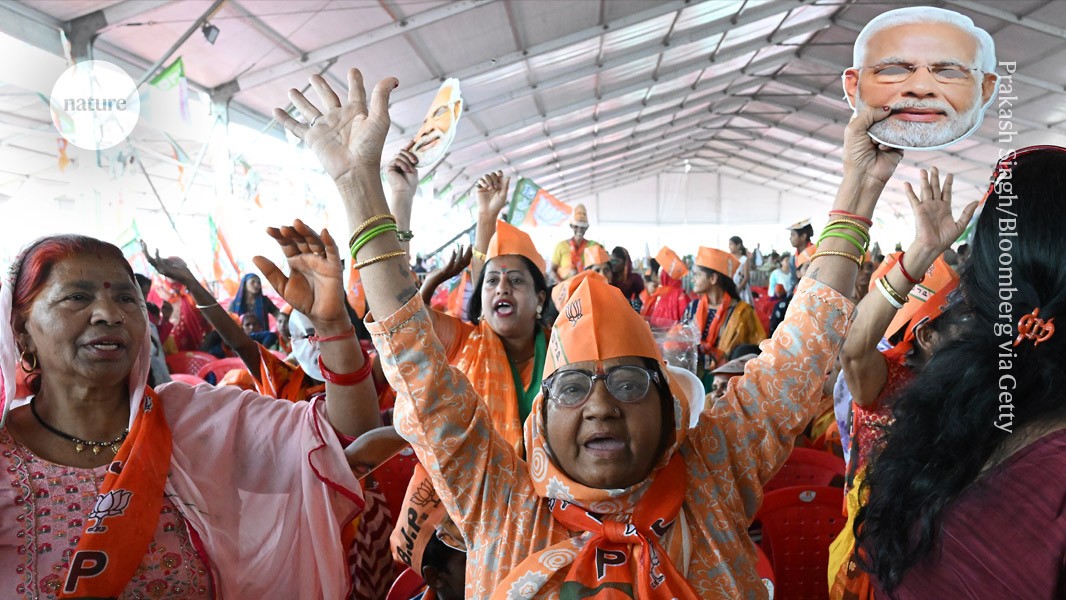| Barcelona, 11 April 2024 – Since the start of the UNESCO-led Ocean Decade in 2021, more than 500 projects have been launched in all regions of the world to improve knowledge and protection of the ocean. Bringing together the international community in Barcelona, Audrey Azoulay, Director-General of UNESCO, welcomed these significant efforts and called for this positive momentum to continue. From 10 to 12 April, UNESCO and Spain are hosting the 2024 Ocean Decade Conference in Barcelona, one of the largest gatherings of the global ocean community this year. More than 1,500 participants are expected – heads of State and government, experts, NGOs and private sector partners – to take stock of the progress of the UN Decade of Ocean Science for Sustainable Development (2021-2030) led by UNESCO, and to announce new initiatives. "Since 2021, much has been accomplished based on our three pillars: understanding, educating, protecting. More than 500 projects are being implemented in around 60 countries and more than a billion dollars has been mobilized. But there is still much that remains to be done. We must continue to invest in science, continue to educate, alert, raise awareness. Maximum mobilization is our only alternative to save the ocean," stated Audrey Azoulay, Director-General of UNESCO, in her opening speech. The conference will contribute to defining the international ocean roadmap for the next five years. It covers the full range of Ocean Decade Challenges including critical issues such as climate and marine biodiversity, natural hazards, pollution and sustainable blue food and nutrition. It also aims to create a new foundation for strengthening the sustainable management of the ocean, driving science-based innovation and growing the blue economy, from global to local, leaving no one behind. "Cities with the Ocean": a new initiative to mobilize coastal cities and ports At the conference, UNESCO and 13 cities[1] announced the creation of the "Cities with the Ocean" platform, a new alliance between the Organization and coastal cities and ports, complementing the work already underway between UNESCO and its 194 Member States. With 75% of megacities around the world situated along the coast, their population is among the most affected by natural and human-caused ocean hazards – including tsunamis, ocean pollution, and the effects of climate disruption – yet they are also the first responders and best placed to implement decisions on a local level to deal with these issues. UNESCO will support these cities by developing programs suited to their needs, such as enhancing UNESCO's Tsunami Ready Programme, training urban planners to anticipate the risks of coastal erosion, or collecting essential scientific data for tools developed by UNESCO such as Global Ocean Observing System. A first international coastal cities symposium will bring this network together in Qingdao, one of China's largest coastal cities, next year. This initiative will also be highlighted in Nice, as part of the discussions at the United Nations Ocean Conference, in June 2025. A new center of the Ocean Decade dedicated to the blue economy During his meeting with Audrey Azoulay on Wednesday morning, Barcelona Mayor Jaume Collboni presented the city's candidacy to host a new collaborative center for the Ocean Decade, focusing its activity on the development of a sustainable blue economy. The Center will build on the investments and activities already underway in Barcelona to promote innovation and technology in relation to a sustainable blue economy. This sector already represents 4.3% of the city's GDP and 1.4% of it's employment. UNESCO will conduct a feasibility study by September 2024, with a view to opening the center before the end of the year. Since 2021, 12 collaborative centers have already been created under the auspices of UNESCO, enabling the coordination of research and protection actions set by the Ocean Decade. Understanding, educating and protecting UNESCO's priority is to advance scientific knowledge. Thanks to the Decade, vast amounts of data and knowledge have already been generated – on diverse issues ranging from ocean acidification and oxygenation, rising sea levels, to biodiversity and bathymetry. With the International Hydrographic Organization, UNESCO has already mapped 25% of the ocean floor in high resolution – compared to just 6% in 2017. It has also advanced the mapping of ocean species, through its Ocean Biodiversity Information System, compiling 126 million observations on more than 180,000 species. While less than one in two school curricula mentioned ocean protection in 2021, UNESCO is currently supporting 100 of its Member States to add environmental and ocean education to their curricula – and adapt teacher training accordingly. In parallel, UNESCO has trained nearly 200,000 young people and adults on ocean education. The Organization is leading a global ocean educational programme with Prada, involving more than 34,000 students in 56 countries this year. Through its global programs and networks, UNESCO also protects ecosystems. The Organization has listed 240 island and coastal biosphere reserves in 82 countries, as well as 50 marine World Heritage sites in 37 countries, protecting 21% of the world's blue carbon ecosystems – specifically the kelp forests, the mangroves, and the salt meadows that absorb carbon.
[1] Auckland (New Zealand), Barcarena (Brazil), Barcelona (Spain), Horta (Portugal), Lagos (Nigeria), Matosinhos (Portugal), Miami Beach (United States of America), Mombasa (Kenya), Nice (France), Niteroi (Brazil), Qingdao (China), Rimini (Italy), Venice (Italy). |
| About UNESCO With 194 Member States, the United Nations Educational, Scientific and Cultural Organization contributes to peace and security by leading multilateral cooperation on education, science, culture, communication and information. Headquartered in Paris, UNESCO has offices in 54 countries and employs over 2300 people. UNESCO oversees more than 2000 World Heritage sites, Biosphere Reserves and Global Geoparks; networks of Creative, Learning, Inclusive and Sustainable Cities; and over 13 000 associated schools, university chairs, training and research institutions. Its Director-General is Audrey Azoulay. "Since wars begin in the minds of men, it is in the minds of men that the defenses of peace must be constructed" – UNESCO Constitution, 1945. More information: www.unesco.org |








